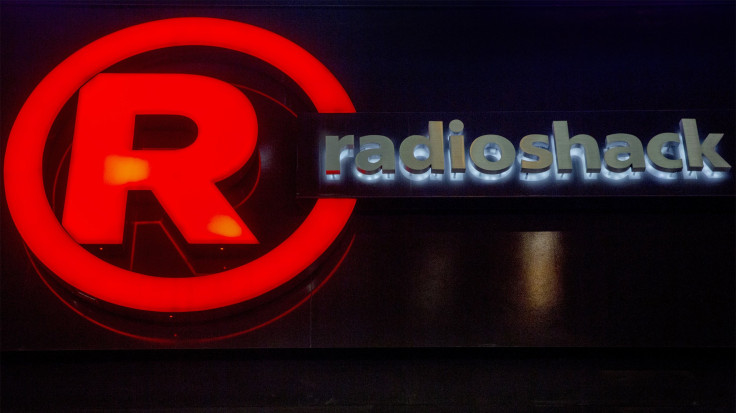RadioShack Trying To Sell Sensitive Customer Data To Keep Creditors At Bay

RadioShack is going bankrupt and for others there is much to choose from the salvage. The most valuable are the reams of customer information complete with street addresses and social security numbers. Privacy advocates are very much concerned with RadioShack’s decision to sell this sensitive information to pay off its creditors.
RadioShack is bowing out at the grand old age of 93 as millions of Americans embrace the e-tailing market with their smartphones. RadioShack created a whole new world wired with technology from 1921 through the millennium. Its image as a blissful larger than life American working through ramshackle retailers and catalogues did not resonate with the web driven edgier new world which had the market at its fingertips. By the end of the last decade, the end of RadioShack was in sight but the messy last gasping of breath still continues.
In its bid to keep away creditors, RadioShack is exploring ways to sell its customer data. According to recommendation by the court appointed fiduciary, Elise Frejka (via Guardian), the sale would include “67 million customer name and physical mailing address files together with any associated transaction data collected by the Debtors within the five year period prior.” Highly sensitive information like the social security numbers were purged by the company every two years, but much of this information was kept indefinitely in some cases, like if a customer bought a warranty. This is the information that RadioShack is seeking to sell raising the privacy concerns.
According to Techtimes, the company originally planned to sell the database to General wireless for AUD 32 million. But with objections from privacy advocates, customers and companies like Apple and AT&T, the Federal Trade Commission has stepped in. The FTC has laid down guidelines for the sale. It wants the customer information sold to another company in the same line of business and bundled with other assets. The buyer also should agree to the privacy policy guidelines listed on RadioShack’s website. FTC has also recommended that data of customers who do not consent should not be sold.
RadioShack has been the integral part of technology landscape of America. The highly sensitive information of millions of Americans are compromised and privacy advocates have been protesting this move ever since.
For questions/comments regarding the article, you may email the writer at honeygeorge74.ibtimes@gmail.com.






